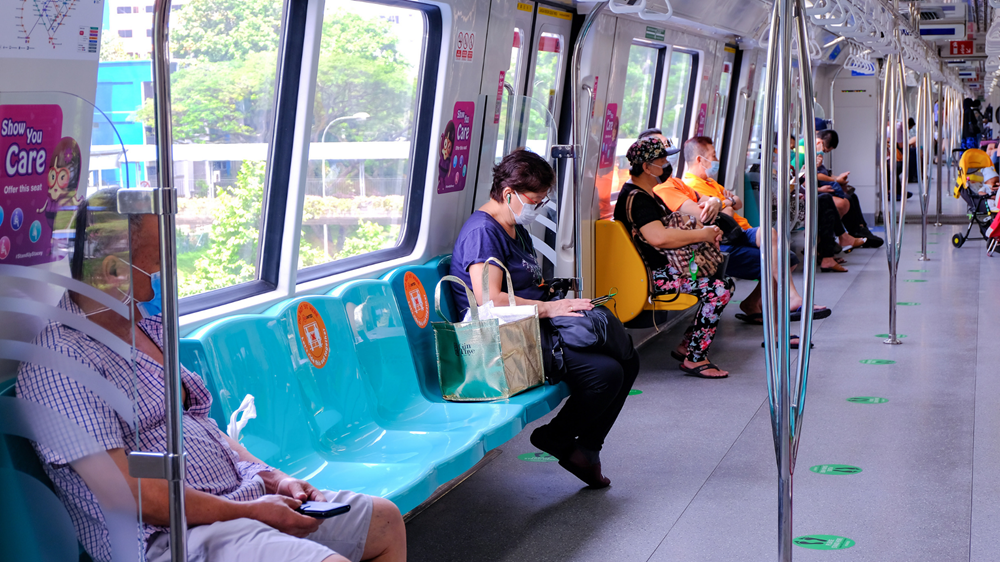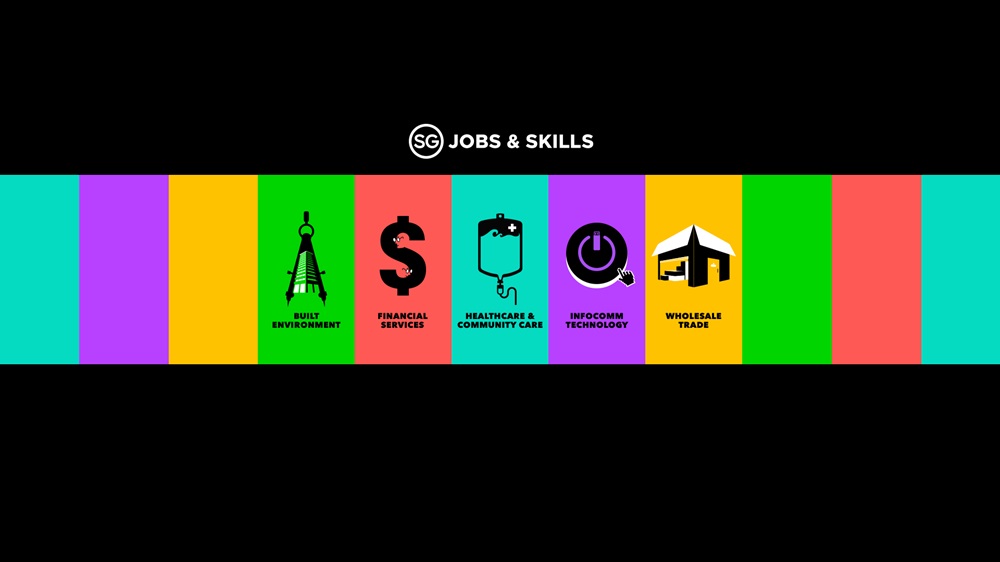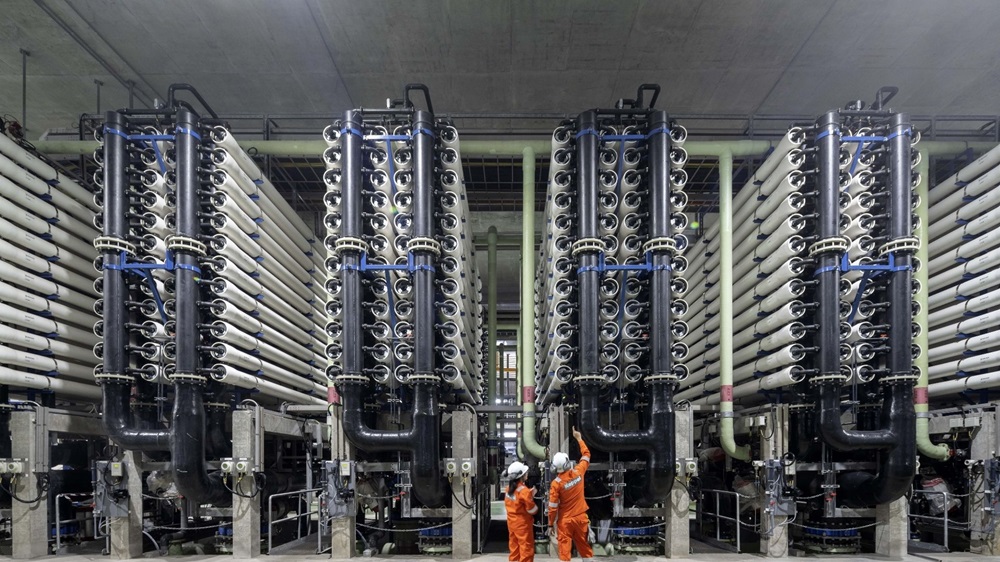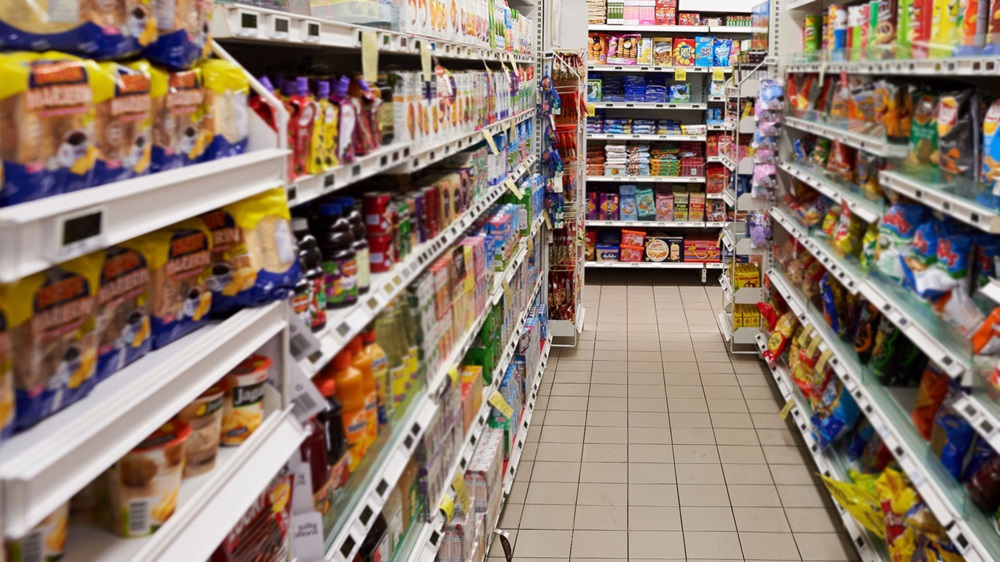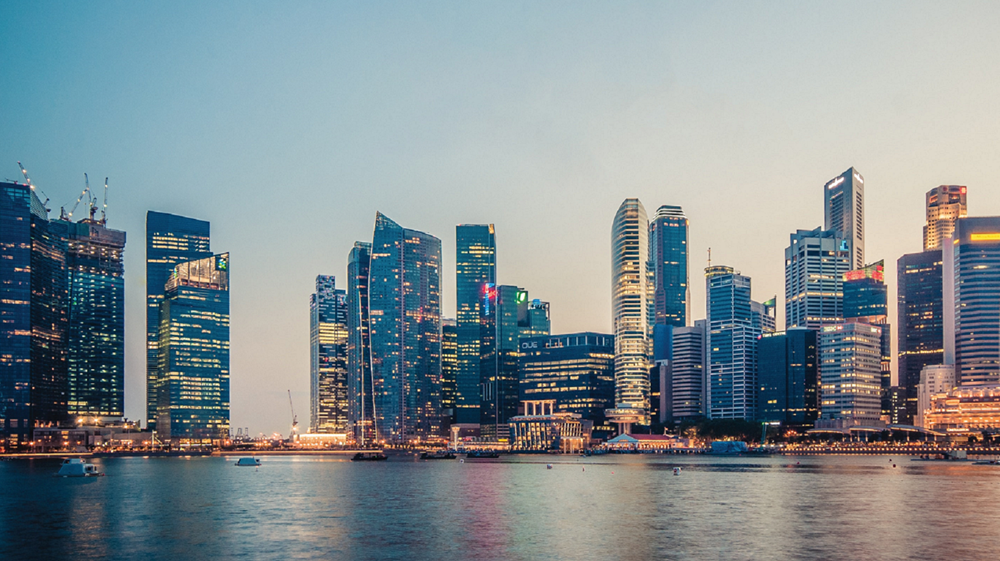
Brothers and sisters from the Labour Movement
My fellow Singaporeans
This year, we mark May Day amidst difficult circumstances
COVID-19 update
The COVID-19 pandemic is still raging around the world. In Singapore, it is nearly a month since we imposed our circuit breaker. We are now down to about 10-15 new community cases daily. We have made significant progress, but we have more to do.
In the migrant worker dormitories, there are still many cases. Fortunately, most of them are mild, probably because the workers are young. Nevertheless, we are doing everything we can for their health and welfare. We have assigned medical teams from hospitals to provide support in the dorms.
The S11 dorm in Punggol is our biggest COVID-19 cluster. It is supported by Sengkang General Hospital (SKGH), our newest hospital. Some of the residents in S11 had in fact helped to build Sengkang Hospital. One worker who was hospitalised told his doctor that he had laid the tiles in the ward he was staying in. The Sengkang Hospital medical team were moved. They were happy to be able to give back directly to the workers.
May Day is a day of celebration for all workers, including migrant workers. I too send my thanks and good wishes to all migrant workers in Singapore, for what you have built and contributed here.
I know the circuit breaker period has been hard for everyone. The restrictions have disrupted businesses and jobs, and created considerable inconvenience. But you have been resilient, and you have taken this in your stride.
I am especially grateful to our brothers and sisters working in essential services, who have kept Singapore going. Our healthcare professionals, Home Team, SAF and Ministry of Manpower officers. Our public transport workers, security guards, cleaners, social service professionals, delivery riders and taxi drivers. Our teachers, who have worked hard to implement home-based learning, and preschool teachers too. All of you have made sacrifices and exceeded the call of duty. Your families too have stood by your side, supporting you. To all of you, I want to say a big thank you.
duty. Your families too have stood by your side, supporting you. To all of you, I want to say a big thank you. ''
Overcoming the immediate crisis
The pandemic has taken a heavy toll on the global economy. The IMF projects the steepest decline of global GDP since the Great Depression in the 1930s. As an open economy, Singapore has felt the full brunt of this downturn. Trade and investment, our lifeblood, have been disrupted. Without help, good companies, big and small, will go out of business, and many workers will lose their jobs.
Governments all over the world are spending large sums to prevent their economies from collapsing, and to take care of their peoples. The Singapore Government has done so too, through the Unity, Resilience, and Solidarity Budgets, $60B all together. But unlike other governments, we will not have to borrow to do so. We are drawing on our national reserves, with the President’s permission. Our reserves are a blessing, for which we must thank our forefathers’ values, discipline and foresight. This crisis is indeed a reminder for us to be prudent and frugal, to build up our reserves in peacetime, so that in truly difficult times, we will have something extra to fall back on.
We have used the reserves to save jobs, reduce costs for companies, and tide Singaporeans over this crisis. We enhanced the Job Support Scheme in successive Budgets. For now, the Government is paying three-quarters of the first $4,600 of wages in all sectors. This has enabled companies to retain their local employees. But businesses still have other costs to bear. And many workers will still see a pay cut, either because of lost overtime or direct wage reductions. This is unavoidable.
But I encourage both employers and workers to take a longer-term view. Workers must accept wage sacrifices to keep businesses going. And employers must make every effort to keep their workers, and help them through this difficult period. They should not drop workers at the first sign of trouble. This way, workers will remember and return the kindness, serve loyally, and help their businesses survive. Companies will also be in a better position to rebuild, when the economy begins to recover.
Restarting the economy
After we bring down the number of new COVID-19 cases, we can ease the circuit breaker measures, and progressively restart our economy.
This will not be straightforward. We need to step up COVID-19 testing and speed up contact-tracing. And we must proceed cautiously, with safeguards, so infections do not flare up again.
We have kept essential services going. But the rest of the economy will have to open up step by step, and not all at once. Some industries will open up earlier than others, and recover sooner. For example, those critical to keeping our economy going domestically. And those that keep us connected to the world and to global supply chains. Other sectors will have to wait, especially those which attract crowds, or involve close contact with other people, such as entertainment outlets and large-scale sporting events.
We must keep all these industries intact, ready to resume business when conditions allow. This demands close cooperation between companies, workers and the government.
Most likely, tourism and aviation will take much longer to recover than other sectors, because international travel will remain restricted as long as COVID-19 is still a problem around the world. Air transport is fundamental to Singapore’s role as a global and regional hub. It is a strategic sector. This is why the government is providing extra support for aviation.
The Singapore Airlines (SIA) group has been severely hit. As our national carrier, SIA has supported our efforts to fight COVID-19. They help to fly in essential supplies. They have mounted evacuation flights to bring Singaporeans home. Their cabin crew are serving as care ambassadors in hospitals, and safe distancing ambassadors in trains, markets and malls. But like most other airlines, most SQ flights will remain grounded for some time. SIA management have taken pay cuts. The unions and the workers have accepted sacrifices too. All in SIA understand that the airline is facing its biggest crisis ever. They are all doing their part to help the company survive.
The government is determined that SIA will see through this crisis. SIA has always flown Singapore’s flag high all over the world, and made us proud. We will spare no effort to enable it to do so again.
Structural changes
In the longer term, COVID-19 will surely result in many changes to the global economy. The movement of goods and people will be less free. Countries will strive to rely less on imports for food and essential items like medicines and face masks. This will have major implications for global trade and investments, and thus for Singapore.
Significant structural changes to our economy are likely. Some industries will be disrupted permanently. Companies will have to change their business models to survive. Some jobs will simply disappear. Workers in these industries will have to reskill themselves, to take up jobs in new sectors. But there will also be new opportunities, and new jobs created too. For instance, during the circuit breaker, people have adjusted. We have learnt to telecommute, and work with others virtually. Students are getting used to online learning. And more people are buying things online, and making e-payments. We will not go back to status quo ante, after the circuit breaker ends. And that will mean opportunities in these new ways of doing things. Other industries like medical services, biotech, food production and delivery, and IT – They are also growing. Even today, many of these firms are seeing stronger demand and hiring more people. We have capabilities in some of these new and growing sectors. Other industries will be new to us, and we will have to build up our expertise and workforce.
We will help companies adapt to this new operating environment, and retrain workers for the new jobs available. We will scale up SkillsFuture programmes to train workers on a large scale. NTUC has set up a Job Security Council to help match and train displaced workers for new job opportunities. We will also find ways to buffer freelancers in the gig economy against economic volatility. We will not be able to save every job. But we will look after every worker.
Singapore is not alone in having to adapt to the post-COVID-19 world. But our challenge is greater than most, because we are so small and globalised. However, these are also advantages. Our smallness lets us be nimble. And global connectivity means we can quickly identify new growth areas and move into them.
Most importantly, we have what it takes to succeed. We have experienced economic restructuring before, having done it more than once to get here. We have the resources to support businesses, invest in our workforce, and take care of our people. And we have our tripartite partnership, forged over the decades. Employers, the Labour Movement and NTUC, and the Government work closely together, in good times and bad. We are bound by ties of loyalty and trust, the comradeship of past battles fought and won together.
The tripartite partnership is one important example of how we work together as one nation, protect our vulnerable and leave no one behind. This is why when the virus started to spread in other countries, we brought overseas Singaporeans home. We did not leave them to fend for themselves. This is why we care for our migrant workers, who have done much for us, as we care for Singaporeans. This is why we have taken unprecedented steps to draw upon our reserves, in order to forestall retrenchments and support the low income.
Conclusion
The road to recovery will be long and hard.
We should be under no illusion that all will be well, the moment the circuit breaker period ends or the number of infections comes down.
But we are not a people who will shrink from struggle. It took us blood, sweat and tears to get here.
In the fight for independence, at moments of crisis, the Pioneer Generation showed their grit and mettle. They decided to give it their all, to secure a future for themselves and their children. The Merdeka Generation worked with them, and took us from Third World to First. Because they braved the odds, and prevailed, we have today’s Singapore.
COVID-19 is this generation’s challenge. The virus is a tough enemy – invisible, but formidable. It is now our turn to prove that we are worthy of our forebears, and up to the challenge before us. I have every confidence that we will prove more than equal to the task.
I wish all Singaporeans a healthy and happy May Day!
We use cookies to tailor your browsing experience. By continuing to use Gov.sg, you accept our use of cookies. To decline cookies at any time, you may adjust your browser settings. Find out more about your cookie preferences here .











